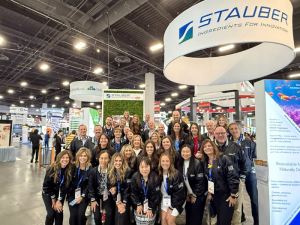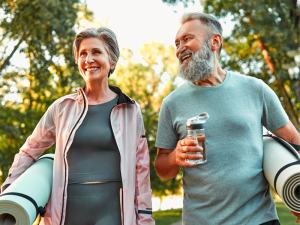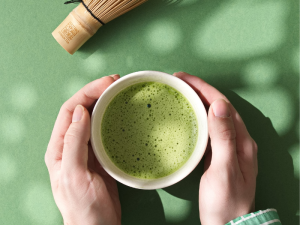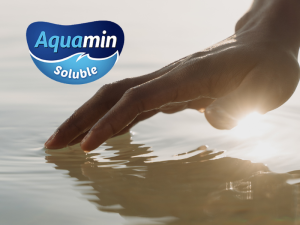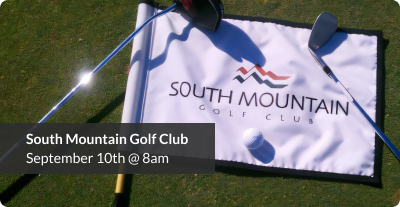Study Title: Dietary Collagen Peptides Alleviate Exercise-Induced Muscle Soreness in MiddleAged Males: Randomized Double-Blinded Crossover Clinical Trial.
With the growing interest in physical fitness and sports supplements, Nippi has conducted a breakthrough study demonstrating the efficacy of collagen peptides in reducing exercise-induced muscle soreness and fatigue. Published in the prestigious Journal of the International Society of Sports Nutrition, the study showcases promising results for individuals seeking improved post-exercise recovery.
Link to sudy: https://doi.org/10.1080/15502783.2023.2206392
Background: Intense or unfamiliar exercise often leads to muscle soreness, hampering
subsequent performance. To address this concern, the ingestion of collagen peptides has
garnered attention for its potential benefits. Previous research by Nippi has highlighted the positive effects of collagen peptides on skin conditions and immune response [1]. In this study, Nippi investigated the impact of fish-derived collagen peptide produced with ginger protease (GFF-01) [2] on exercise-induced muscle soreness, fatigue, and muscle strength, utilizing a rigorous randomized double-blinded crossover clinical trial.
Method: Twenty healthy males, aged 52.6±5.8 years, were divided into two groups: the GFF-01 active food group and the placebo food group. The trial consisted of two phases, each lasting 33 days with a washout period in between. During these phases, participants consumed designated test foods and performed up to five sets of 40 bodyweight squats on day 29 of each phase.
Muscle soreness and fatigue were assessed using the Visual Analogue Scale (VAS), where scores ranged from 0mm (no pain/fatigue) to 100mm (worst possible pain/fatigue). Muscle strength was quantified by measuring maximum knee extension force during isometric muscle contraction of both legs using a specialized chair. Comparisons were drawn between the active and placebo groups.
Results: Immediate post-squat assessments confirmed reduced muscle soreness and fatigue in the active group compared to the placebo group. VAS scores for muscle soreness were notably lower in the active group (45.8±27.6mm) compared to the placebo group (32.0±25.0mm, p<0.05, Fig.1). Similarly, fatigue scores were significantly lower in the active group (59.0mm±22.3mm) compared to the placebo group (47.3±25.0mm, p<0.05, Fig.2). Moreover, muscle strength significantly improved in the active group (80.5±25.3kg) two days after exercise load, surpassing the placebo group (85.2±27.8kg, p<0.05, Fig.3). Notably, no adverse health effects were observed due to test food consumption.

